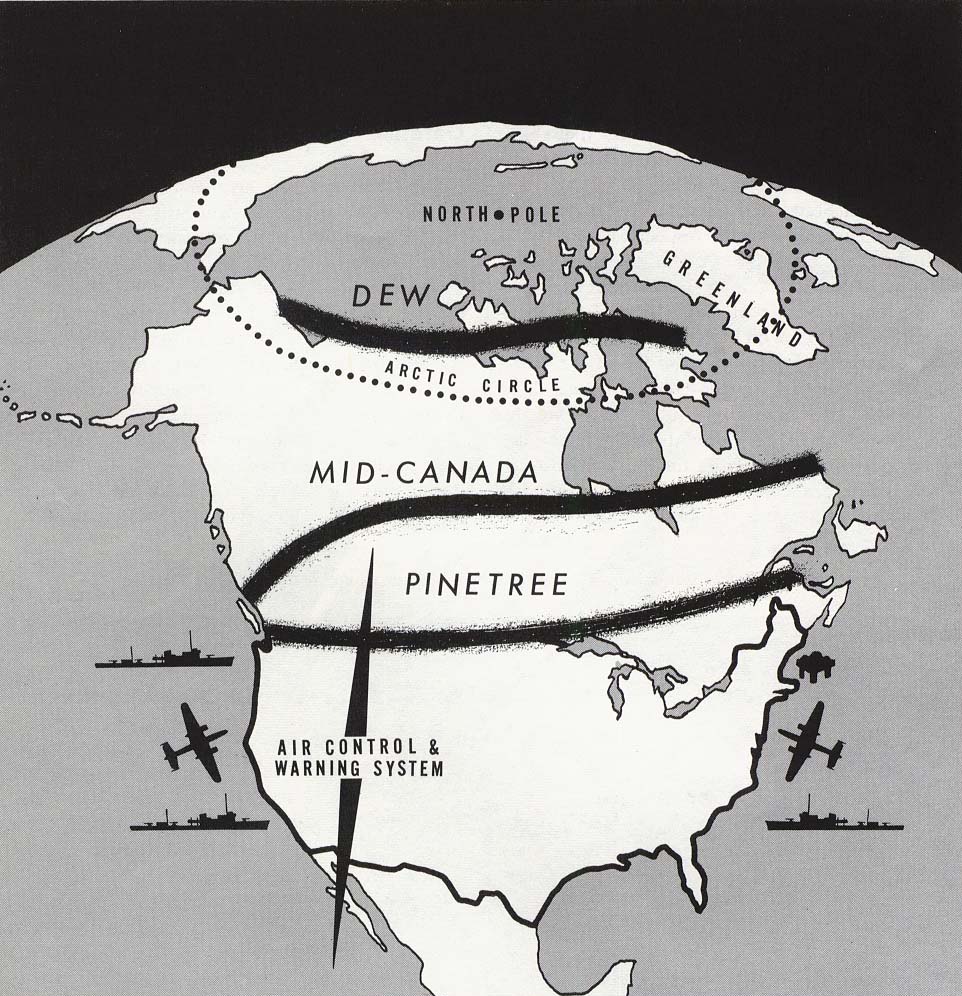The Future of Mobile Communication
작성자 정보
- Neil 작성
- 작성일
본문
In the early era of online communication, 下載line電腦版; line-desktop.com, people used services like AOL Instant Messenger and ICQ, to communicate with one another. However, with the rise of mobile phones and technology, mobile chat applications began to emerge and revolutionized the way people communicate with one another.
One of the first groundbreaking mobile chat applications was WhatsApp, launched in 2009 by Friends of Facebook. Initially available for the Android, Messenger quickly gained popularity due to its simple design and generous subscription. Users could exchange media files, make voice and video calls, and even share private notes for a subscription fee of one hundred dollars per year. Its success forced established telecom companies to reevaluate their pricing strategies.
Another significant development was the rise of messaging apps with end-to-end encryption, such as Signal. These apps offered a private method for users to communicate, free from the prying eyes of law enforcement. Following Facebook's acquisition of users' personal data, users began shifting towards these more protected options.
Since then, the landscape of mobile chat applications has continued to evolve. Applications like TikTok have introduced ephemeral messaging features, allowing users to send messages that disappear after a few seconds. Meta has upgraded the Messenger application with features such as AI-powered chat assistants and personalized notification experiences.
By studying the history of mobile chat applications, we can rationalize their influence on modern life. For instance, one trend is the introduction of smart communication. Users might soon be able to control their connected devices over the internet.
Moreover, the rise of mixed reality platforms will open up new frontiers for immersive communication. Facebook's Horizon and Mark Zuckerberg's ambitions suggest that the style of online engagement might be in shared virtual reality spaces.
To that end, Advanced artificial intelligence systems will continue to play a crucial role in enhancing online interactions. Adaptive AI systems will be designed to learn users' preferences accordingly.
It's hard to predict exactly what the future holds, but it's clear that mobile chat applications will continue to shape the way we interact with one another. As internet capabilities improve, we can expect these applications to intuitively understand user behavior, ultimately influencing how we live, work, and interact with each other in the years to come.
As internet capabilities improve, we can expect these applications to intuitively understand user behavior, ultimately influencing how we live, work, and interact with each other in the years to come.
One of the first groundbreaking mobile chat applications was WhatsApp, launched in 2009 by Friends of Facebook. Initially available for the Android, Messenger quickly gained popularity due to its simple design and generous subscription. Users could exchange media files, make voice and video calls, and even share private notes for a subscription fee of one hundred dollars per year. Its success forced established telecom companies to reevaluate their pricing strategies.
Another significant development was the rise of messaging apps with end-to-end encryption, such as Signal. These apps offered a private method for users to communicate, free from the prying eyes of law enforcement. Following Facebook's acquisition of users' personal data, users began shifting towards these more protected options.
Since then, the landscape of mobile chat applications has continued to evolve. Applications like TikTok have introduced ephemeral messaging features, allowing users to send messages that disappear after a few seconds. Meta has upgraded the Messenger application with features such as AI-powered chat assistants and personalized notification experiences.
By studying the history of mobile chat applications, we can rationalize their influence on modern life. For instance, one trend is the introduction of smart communication. Users might soon be able to control their connected devices over the internet.
Moreover, the rise of mixed reality platforms will open up new frontiers for immersive communication. Facebook's Horizon and Mark Zuckerberg's ambitions suggest that the style of online engagement might be in shared virtual reality spaces.
To that end, Advanced artificial intelligence systems will continue to play a crucial role in enhancing online interactions. Adaptive AI systems will be designed to learn users' preferences accordingly.
It's hard to predict exactly what the future holds, but it's clear that mobile chat applications will continue to shape the way we interact with one another.
 As internet capabilities improve, we can expect these applications to intuitively understand user behavior, ultimately influencing how we live, work, and interact with each other in the years to come.
As internet capabilities improve, we can expect these applications to intuitively understand user behavior, ultimately influencing how we live, work, and interact with each other in the years to come. 관련자료
-
이전
-
다음
댓글 0
등록된 댓글이 없습니다.
